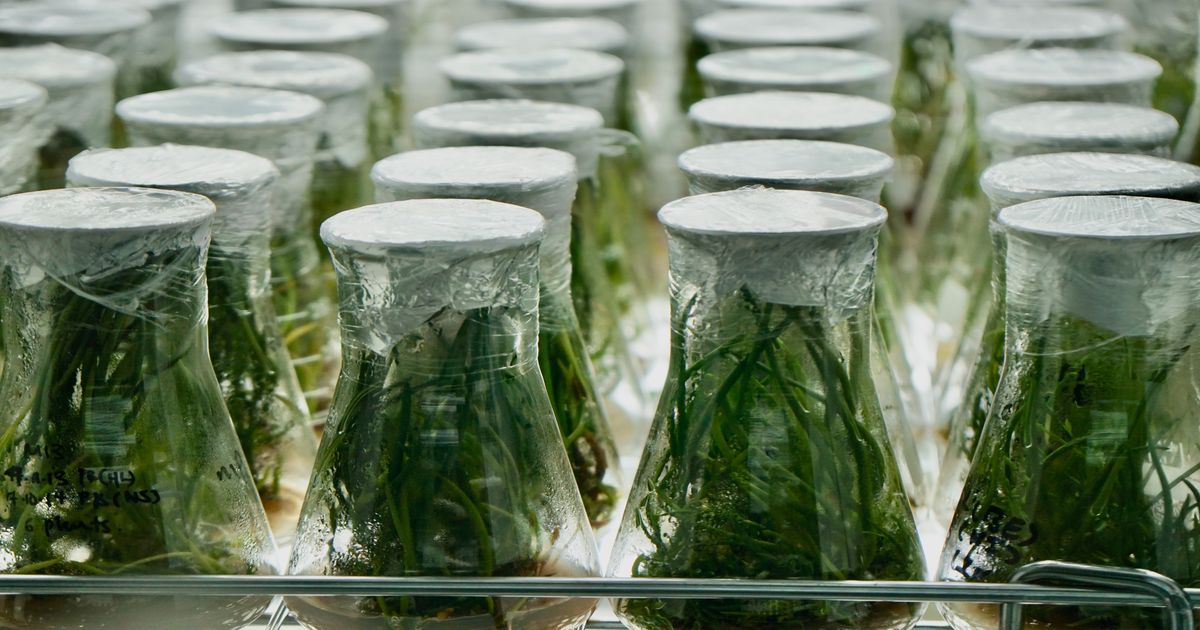Insulated panel systems have applications beyond the traditional walk-in coolers and freezers used in foodservice. A unique application involves scientific grow rooms, but more specifically, grow rooms for plant tissue cultures. This blog details the process of tissue cultures and the role of insulated panel systems throughout the process.
What is Tissue Culture?
Before jumping into the process, let’s get some background information on tissue culture and its uses. Tissue culture involves taking a small fragment of plant or animal tissue and reintroducing it into a controlled environment for growth. Which is then used to create thousands of genetically identical cells from a single parent for a variety of different uses, including;
- Genetically modifying plants with various desired characteristics
- Conserving biodiversity by producing endangered plants
- Preserving organs or tissue
- Commercial production of high-yield crops
- Medical and scientific research
This method has an advantage over other methods due to the high yield of tissue in a shorter time period and the ability to produce disease-free cells. Due to these advantages, tissue culture has become an important role in many different in a variety of different fields.
The Tissue Culture Process
The basic tissue culture process involves specific requirements and a strategic layout for the optimal growth of cells. The basic laboratory for plant tissue typically involves three areas: a general laboratory, a transference area, and a culture area.
- A General laboratory or preparation area that includes spaces for work and various equipment and materials and must be a sterile environment.
- A transference area for the transfer of parent cell or plant onto an agar plate.
A culture area with specified requirements for conditions such as light, temperature, and humidity accomplished with refrigeration equipment and a controlled environment.
During the process, the parent tissue is thoroughly sterilized from outside contaminants. Then a fragment is extracted onto an agar medium and then placed in a controlled environment for growth. The conditions vary in the controlled environment according to the type and use of the tissue cultures.
The Role of Controlled Environments
The process requires sterile conditions, a controlled environment, and a specified temperature requirement. To meet sterilizing conditions, KPS Global insulated panels can provide a customized enclosure to control the environment. Our insulated panels are carefully designed to manage conditions using a high-density rail frame, high performance polyurethane foam and locked together with a cam-lock system. For specific size requirements, our cam-lock panels can easily be customized to create a single or multi-compartment chamber. Regarding the culture area, KPS Global provides customized grow room solutions that provide thermal protection and can be designed to maintain certain temperatures.



